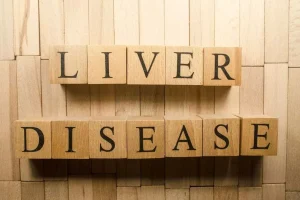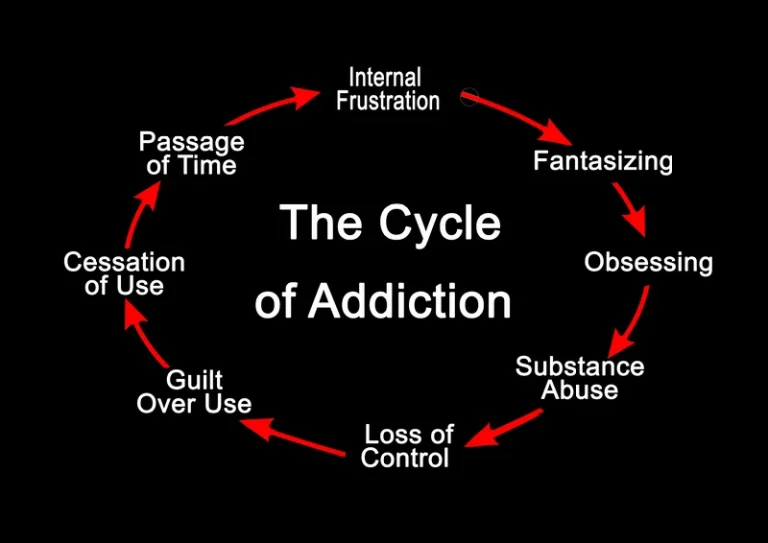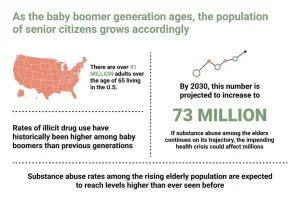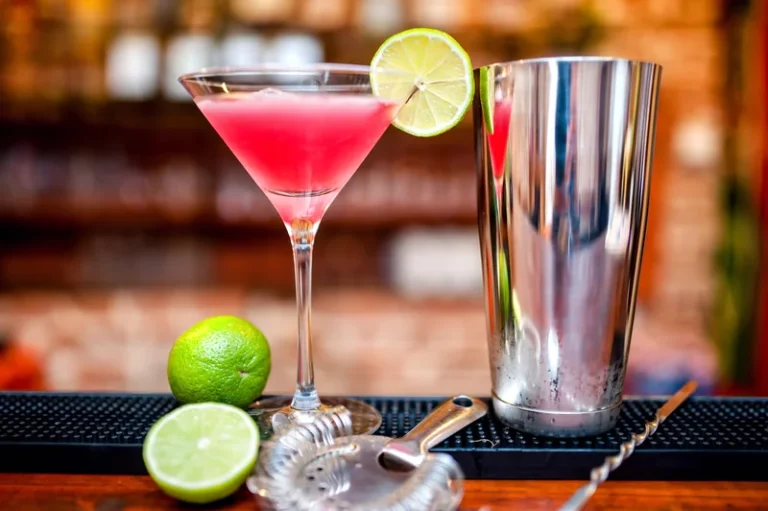
When you drink alcohol for several months or years, your body and mind become accustomed to having alcohol present. If you suddenly stop using alcohol or drugs, it can cause your body to go through withdrawal symptoms. While this process is unlikely to happen if you have a drink every once in a while, it is likely to occur if you drink on a daily basis. If you have gone through alcohol withdrawal before, you’ll likely go through withdrawal symptoms each time you stop using alcohol again.
Groups like Al-Anon or Al-Teen are available to help support people who have been affected by a loved one’s alcoholism. If you are close to someone who experiences alcohol-induced anger, it’s important to get help and support. Additionally, there is evidence that chemical and biological factors play a role. People with higher levels of testosterone are more likely to be aggressive. As the loved one of someone struggling, remember that it’s ultimately up to them to manage the condition.
It was initially reported that women are less likely to engage in binge drinking patterns than men (Bobrova et al., 2010). However, in the recent years, data from the United States indicate that the binge-drinking rate in adult women (age 21–49 years) has been rising (Hasin et al., 2019; Sarah and Keyes, 2020). Evidence suggests that there is a little convergence in the pattern of binge drinking in men and women.
This is not to say that alcohol causes aggression, or serves to makes someone angry, in and of itself; however, it may be a contributing factor when it comes to difficulties controlling these emotions. In addition, alcohol abuse and addiction can result in poor anger management skills. To date, very few studies have tested the gender difference hypothesis using both the male alcoholism and anger and female subjects. Generally, men have recorded higher activation of the amygdala (McRae et al., 2008) and the PFCs (Rahko et al., 2010) during emotional reactions. Investigation of sex differences in neural correlates of aggression using 22 male and 20 female subjects revealed differential brain activation patterns between both the genders in response to provocation.


The link between alcohol and anger has to do with alcohol’s ability to remove your inhibitions and disrupt your emotional regulation. When you drink alcohol, parts of your brain that manage anger are suppressed, making it more https://ecosoberhouse.com/ likely for angry feelings to bubble to the surface. If you have co-occurring disorders, a severe addiction, or other complicating factors, your doctor may recommend a rehab program to help with your withdrawal symptoms.

